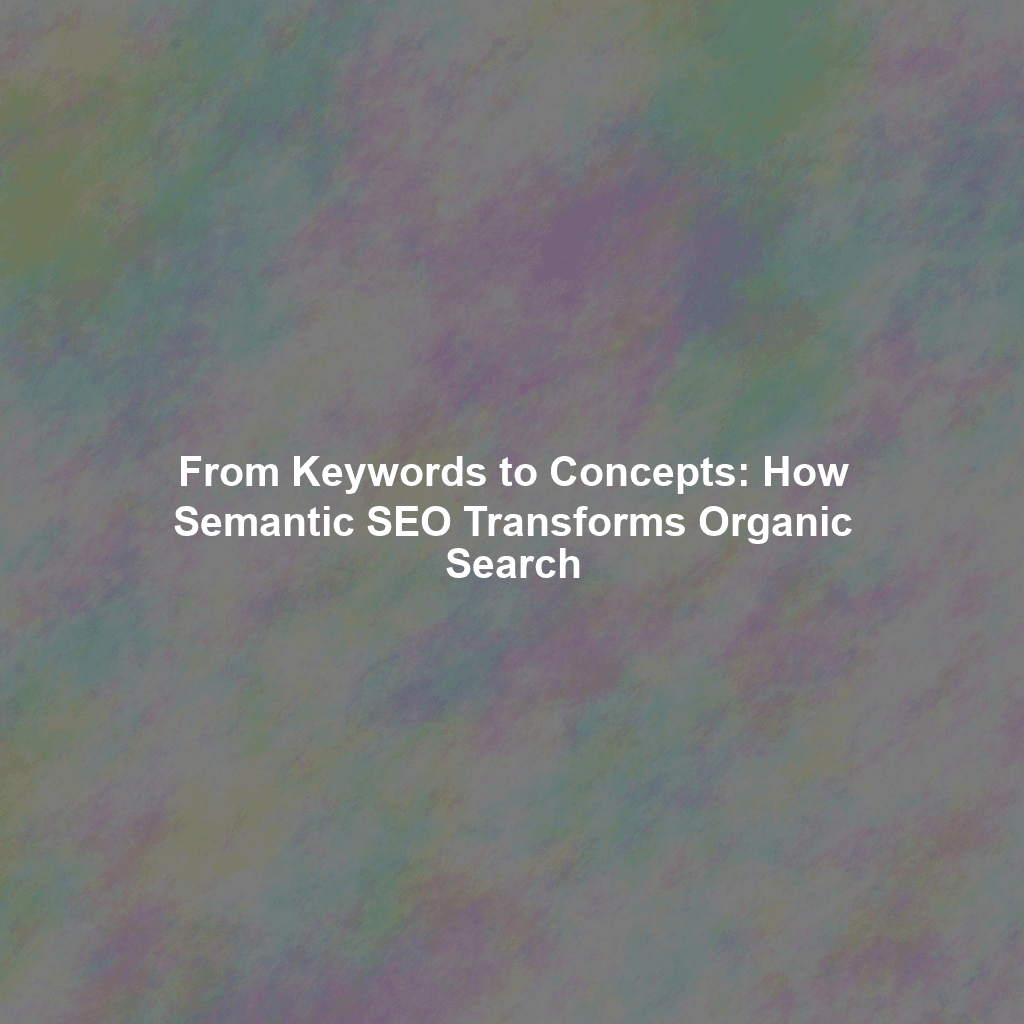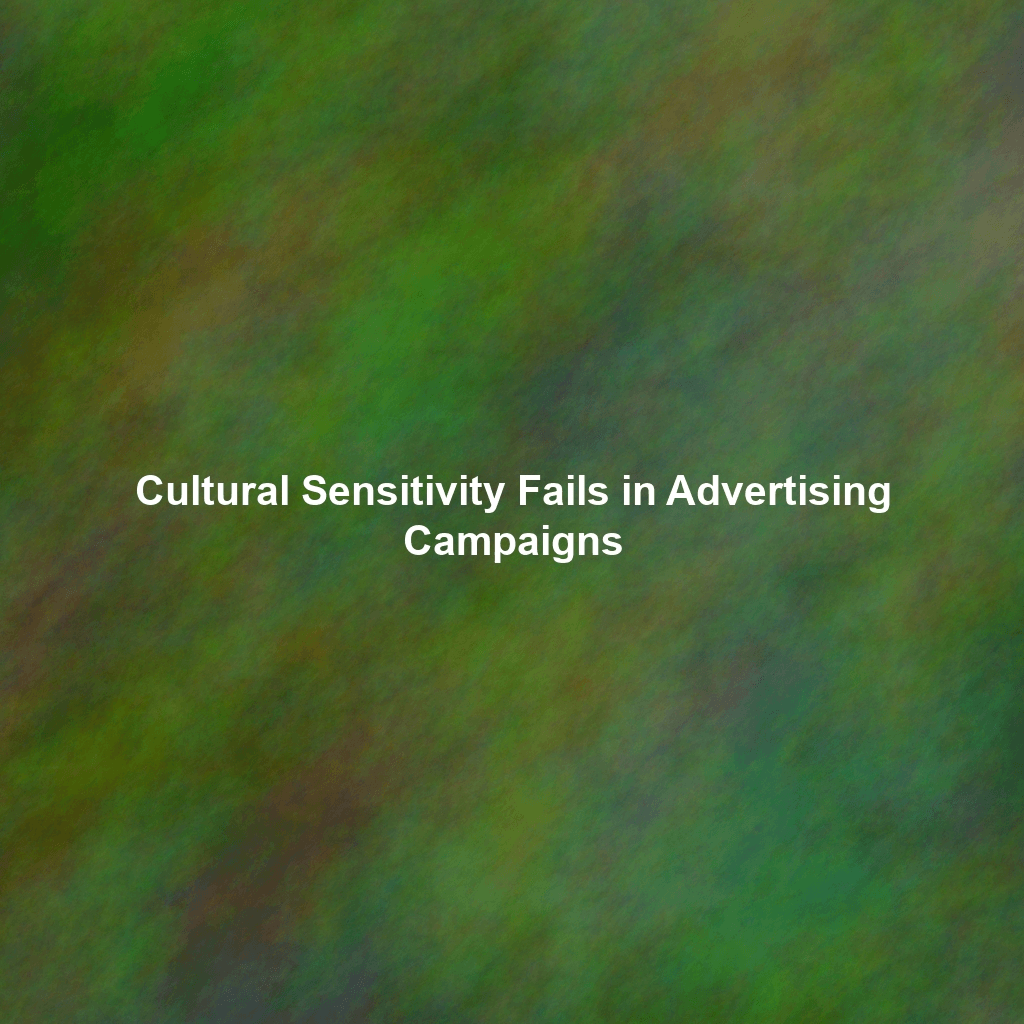Organic search has undergone a dramatic transformation. Gone are the days of simply stuffing keywords into your content and hoping for the best. Modern SEO demands a deeper understanding of user intent, context, and the relationships between topics. This evolution is known as Semantic SEO, and it’s reshaping how we approach content creation and optimization to achieve lasting organic visibility.
The Keyword Era: A Look Back
Early SEO strategies heavily relied on keyword density and exact-match targeting. While keywords are still important, their role has significantly diminished. The focus used to be on repeating target keywords as many times as possible, often leading to unnatural and low-quality content. This tactic, known as keyword stuffing, was a common practice but ultimately detrimental to user experience.
Limitations of Keyword-Focused SEO
- Poor User Experience: Content was often awkward and difficult to read.
- Lack of Context: Limited focus on the broader topic and related concepts.
- Vulnerability to Algorithm Updates: Google’s algorithms quickly evolved to penalize keyword stuffing.
The Rise of Semantic Search: Understanding Meaning
Semantic search represents a paradigm shift. It emphasizes understanding the meaning and context behind search queries, rather than just matching keywords. Google’s algorithms, powered by advancements in natural language processing (NLP) and machine learning, are now capable of interpreting user intent and delivering more relevant search results.
What is Semantic SEO?
Semantic SEO is the practice of optimizing your website and content to align with the principles of semantic search. It involves understanding how search engines interpret language, identify entities, and establish relationships between different concepts. It’s about creating content that satisfies user intent by thoroughly covering a topic and providing valuable information.
Key Components of a Semantic SEO Strategy
Building a successful semantic SEO strategy requires a multifaceted approach that goes beyond traditional keyword research.
Topic Modeling and Content Clusters
Instead of focusing on individual keywords, organize your content around broad topics and create content clusters. A content cluster consists of a pillar page (a comprehensive resource on the main topic) and several supporting articles that delve into specific subtopics. This approach demonstrates topical authority and provides a cohesive user experience.
Entity Optimization
Identify key entities related to your topic and incorporate them naturally into your content. Entities are real-world objects, concepts, or people that search engines can recognize and understand. Using schema markup to explicitly define these entities helps search engines understand the context of your content and improve its visibility in search results.
Understanding User Intent
Put yourself in the user’s shoes and try to understand their motivations for searching. What are they hoping to achieve by entering a particular query? Tailor your content to address these needs by providing comprehensive answers, actionable advice, and relevant resources.
Building Topical Authority
Topical authority is the perception that your website is a reliable and authoritative source of information on a specific topic. You build topical authority by consistently publishing high-quality content, engaging with your audience, and earning backlinks from other reputable websites in your niche.
Leveraging Schema Markup
Schema markup is a form of structured data that you can add to your website to provide search engines with more information about your content. By using schema markup, you can help search engines understand the type of content you’re publishing (e.g., article, product, event) and display rich snippets in search results, such as star ratings, event dates, and product prices.
Benefits of Adopting Semantic SEO
Implementing a semantic SEO strategy can yield significant benefits for your website, including:
- Improved Search Rankings: By focusing on user intent and topical authority, you can increase your website’s visibility in search results.
- Enhanced User Engagement: High-quality, relevant content keeps users engaged and encourages them to spend more time on your website.
- Increased Organic Traffic: Higher rankings and improved user engagement translate into more organic traffic.
- Better Brand Reputation: Establishing yourself as a trusted authority in your niche can enhance your brand’s reputation and credibility.
Moving Forward: Embracing Semantic SEO
The future of SEO is undoubtedly semantic. By shifting your focus from keywords to concepts, user intent, and topical authority, you can future-proof your website and achieve lasting organic growth. Embrace the principles of semantic SEO, create valuable content, and provide a seamless user experience to thrive in the ever-evolving landscape of search.
Remember to continuously analyze your results, adapt your strategies, and stay up-to-date with the latest advancements in search engine technology to maintain a competitive edge.
 Skip to content
Skip to content

